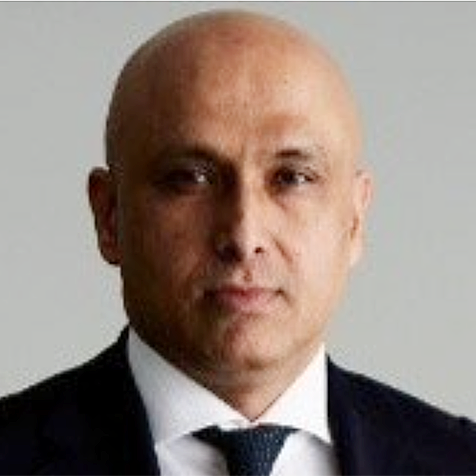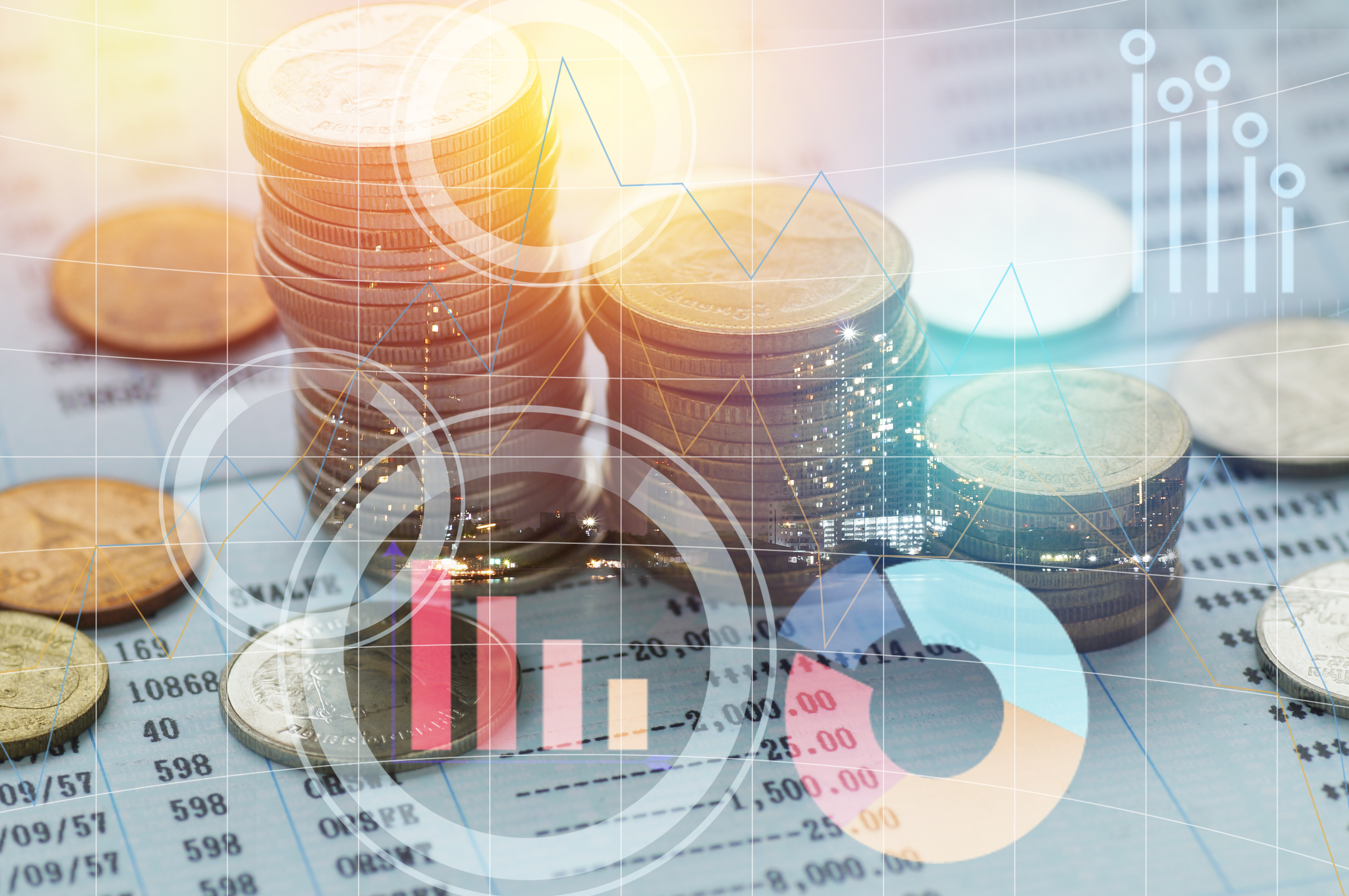RISK assets, particularly equities, commodities, and high yield bonds, may actually benefit from the slow pace of economic re-opening in the wake of the Covid-19 epidemic that has left many investors disappointed.
The reason is that governments and central banks are pumping in huge amounts of cash in the form of QE (quantitative easing) to fill gaps in demand and short-term funding. QE or asset purchases by the US Federal Reserve and other major central banks are likely to reach US$6 trillion in 2020.
However, investors should be aware that the huge amounts of QE by itself is no guarantee since much depends on how the cash is deployed which means the policies put in place by governments implementing the re-opening of their respective economies is crucial. The US government, for example, has put more QE in place, including replenishing a small business lending programme where prior funding was exhausted, while promising to release more funds.
This means risk assets may be prone to short-term weakness if the implementation of such policies and the subsequent re-opening of the economies are not done properly.
“The negative case for risk assets is that a number of disappointments could still occur despite policy efforts at re-opening economies. The re-opening itself could be slower than expected as in the case of China, and may not have as positive an economic impact as expected as in the case of Sweden. Re-openings could also trigger a second wave of Covid-19 infections, resulting in renewed lockdowns,” according to the Global Market Outlook issued by Standard Chartered on April 30.
This view was echoed by Tai Hui, chief strategist of J.P. Morgan Asset Management who said that while the Covid-19 pandemic may prompt companies to rethink their strategies, the principles of globalization remain fundamentally intact, and what remains to be seen is the impact ahead from government policies in response to the pandemic.
“People’s preference for globalization is the same. Consumers want cheaper and better products. Companies want to maximize profits by selling to more markets, and produce at a lower cost by taking advantage of the economies of scale. Global corporate profit and global trade as a share of the world economy have risen in tandem since the 1970s. These preferences are not going to change,” Hui says.
Over the past month, risk assets have rebounded sharply with global equities up 13%, while global investment grade (IG) and high yield (HY) bonds rose 1.4% and 4.4%, respectively, led by the US where Fed purchase commitments supported corporate bonds. This positive development for risk assets notwithstanding, gold and the US dollar rose 5.2% and 1.2%, respectively.
However, despite the rebound in recent weeks, global equities are still down by 17% year-to-date, as investors preferred to stay defensive given the potential negative impact of the coronavirus on economic growth and subsequent effect on corporate earnings.
The breakdown of the equity loss varied widely between constituent stocks of the MSCI, with the mega-cap stocks, defined as the top five stocks across key markets, which makes up to 20% of the index, showing little impact from Covid-19. This means that the mid-cap and small-cap companies that constitute the index have suffered more losses in value when compared to the mega-cap stocks.
“In fact, the top five emerging market companies contributed less than 5% of the index’s loss, relative to its 23% weight within the index. This number becomes more extreme for European corporates at 1% and even more staggering for the US, in which the top five actually recorded a gain but the rest of the index was responsible for 100% of the entire loss. Whilst most have suffered due to the virus, the virus has also solidified the mega caps,” says Ben Luk, senior multi-asset strategist at State Street Global Markets.








